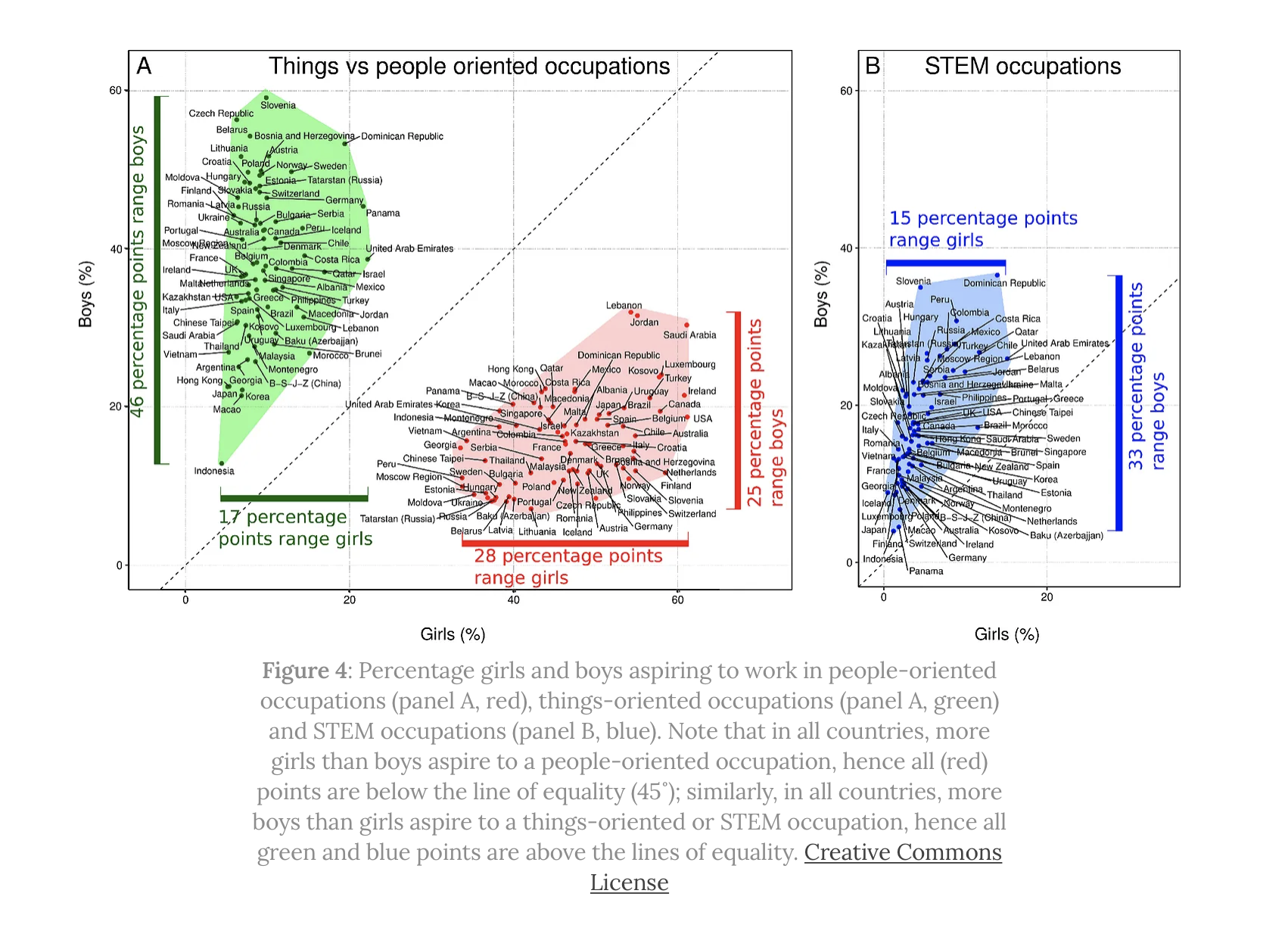About Stupidity and Related Concepts
I've sometimes written about Hannah Arendt's idea of the "banality of evil," the idea that the lack of thought can be far more dangerous than evil intentions. And see here. BTW, it turns out that Adolf Eichmann, Arendt's Exhibit 1, was not a good example of this alleged lack of evil intentions, based on recent revelations.*
Here's a related idea: the problem with stupidity. I am bit uneasy with that word, because it is often used as a pejorative and connotes willful ignorance, ignorance for which someone has made conscious choices to put themselves into that state of ignorance. I would have preferred to simply use "ignorance" to express the idea that someone lacks the necessary information to make decisions that further human flourishing. Another related idea is the Dunning-Kruger effect:
a cognitive bias whereby people with low ability, expertise, or experience regarding a certain type of task or area of knowledge tend to overestimate their ability or knowledge. Some researchers also include in their definition the opposite effect for high performers: their tendency to underestimate their skills.But back to "stupidity." As described by Dr. Peter McCullough in a recent article, Dietrich Bonhoeffer discussed individual and social damage caused by stupidity. First, McCullough's description of Bonhoeffer:
In 1943, the Lutheran pastor and member of the German resistance, Dietrich Bonhoeffer, was arrested and incarcerated in Tegel Prison. There he meditated on the question of why the German people—in spite of their vast education, culture, and intellectual achievements—had fallen so far from reason and morality. He concluded that they, as a people, had been afflicted with collective stupidity (German: Dummheit).
He was not being flippant or sarcastic, and he made it clear that stupidity is not the opposite of native intellect. On the contrary, the events in Germany between 1933 and 1943 had shown him that perfectly intelligent people were, under the pressure of political power and propaganda, rendered stupid—that is, incapable of critical reasoning.
What follows are a few excerpts from Bonhoeffer's writings on stupidity:
Stupidity is a more dangerous enemy of the good than wickedness. Evil can be protested against, exposed, and, if necessary, it can be prevented by force. Evil always harbors the germ of self-destruction by inducing at least some uneasiness in people. We are defenseless against stupidity. Nothing can be done to oppose it, neither with protests nor with violence. Reasons cannot prevail. Facts that contradict one's prejudice simply don't need to be believed, and when they are inescapable, they can simply be brushed aside as meaningless, isolated cases.
In contrast to evil, the stupid person is completely satisfied with itself. When irritated, he becomes dangerous and may even go on the attack. More caution is therefore required when dealing with the stupid than with the wicked. Never try to convince the stupid with reasons; it's pointless and dangerous.
To understand how to deal with stupidity, we must try to understand its nature. This much is certain: it is not essentially an intellectual, but a human defect. There are people who are intellectually agile who are stupid, while intellectually inept people may be anything but stupid. We discover this to our surprise in certain situations.

